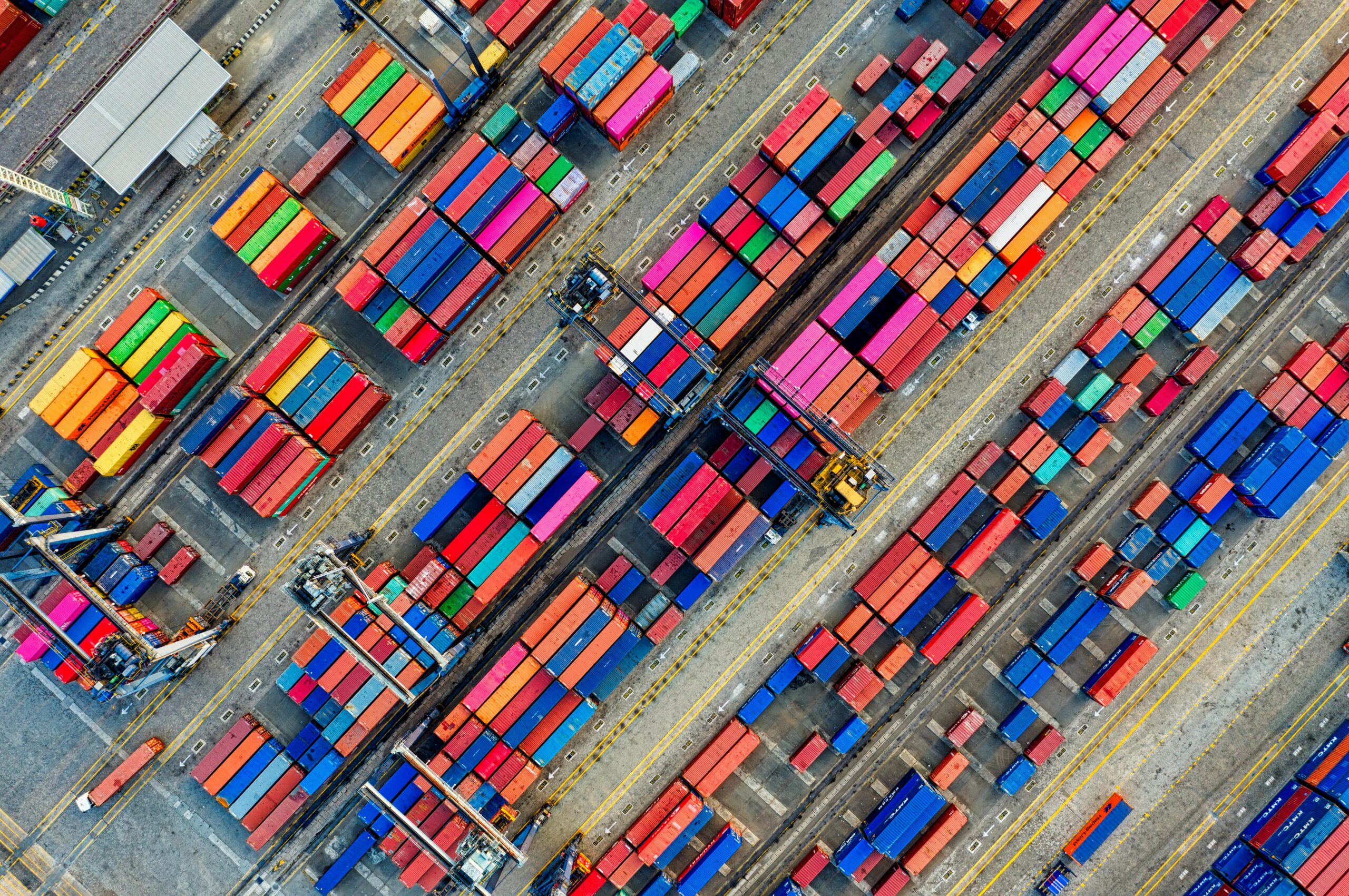Navigating Towards Sustainable Logistics to Facilitate Movements of Goods and Services in South Africa
South Africa’s logistics sector stands as the lifeblood of its economy, facilitating the movement of goods and services across the nation. As such, the efficiency of logistics systems is essential to the functioning of all other industries in the country. The movement of goods and people should be provided in a safe, cost-effective, and efficient manner. While logistics companies have been integrating the latest technologies in their operations, the involvement of other industries is still vital in unlocking the full potential of the rest of the economy.
Corporate Initiatives for Environmental Stewardship:
Although logistics firms are not directly involved in the production of goods, they have a role to play in reducing their carbon footprint. FedEx Express facility in South Africa runs a successful initiative that uses sustainable technologies to save energy via motion-activated lighting and capture rainwater. By adopting such an approach to operation, companies in this industry can become more environmentally friendly. With measures such as optimizing transport routes, improving vehicle efficiency, and transitioning towards cleaner fuels like LNG or electric vehicles, companies in this industry can meet their final goals while conserving the environment.
Individual Responsibility in Sustainable Transportation:
The role of Individuals in combatting climate change within the logistics context cannot be overlooked. Making sustainable transportation choices such as using public transportation, carpooling, or opting for bicycles can help reduce carbon emissions and lessen dependence on non-renewable energy sources. Individuals also need to advocate for policies that incentivize renewable energy use and sustainable transportation infrastructure. This can help to drive systemic change, fostering a culture of environmental responsibility and sustainable practices within the logistics sector.
Collaboration for Collective Impact:
As South Africa’s logistics sector navigates towards sustainability, collaboration between companies and individuals is essential. Globally, top logistics companies like UPS, DHL, and FedEX are looking into everything that can have a positive impact on the environment, including the use of alternative fuels and carbon capture solutions. Local companies can also benefit from what such companies are doing, and collaborate with stakeholders to have more impactful results. Embracing eco-friendly practices, investing in alternative fuels, and promoting sustainable transportation choices would mean that the logistics industry is directly contributing to mitigating climate change impacts and preserving the environment. Ultimately, South Africa will pave the path towards a more sustainable and resilient future through collective action and a commitment to responsible logistics.
Leveraging Marketing, Media, and Technology:
Technology is an important tool in advancing sustainability initiatives. It can be used can be used to optimize logistics operations, including route planning software and telematics systems for monitoring vehicle efficiency. Automation and AI are being employed in the South African logistics industry to predict peak levels of road congestion and truck loading, improving efficiency in the movement of goods. Logistics companies can also conduct marketing campaigns to raise awareness about sustainable transportation practices and the benefits of cleaner fuels. On the other hand, media platforms such as video sharing and social media sites are essential in highlighting how innovative solutions are being used for environmental stewardship within the industry.
Several factors affect economic growth opportunities in South Africa, and the logistics industry has a significant include. In an era of being environmentally conscience and promoting sustainability, companies in this industry have enormous potential. Although not directly involved in the production, they can reduce their environmental footprint by adopting clean options in product transportation. As AI and automation continue to be integrated, companies will benefit from reduced costs and improved operational efficiency while conserving the environment.

